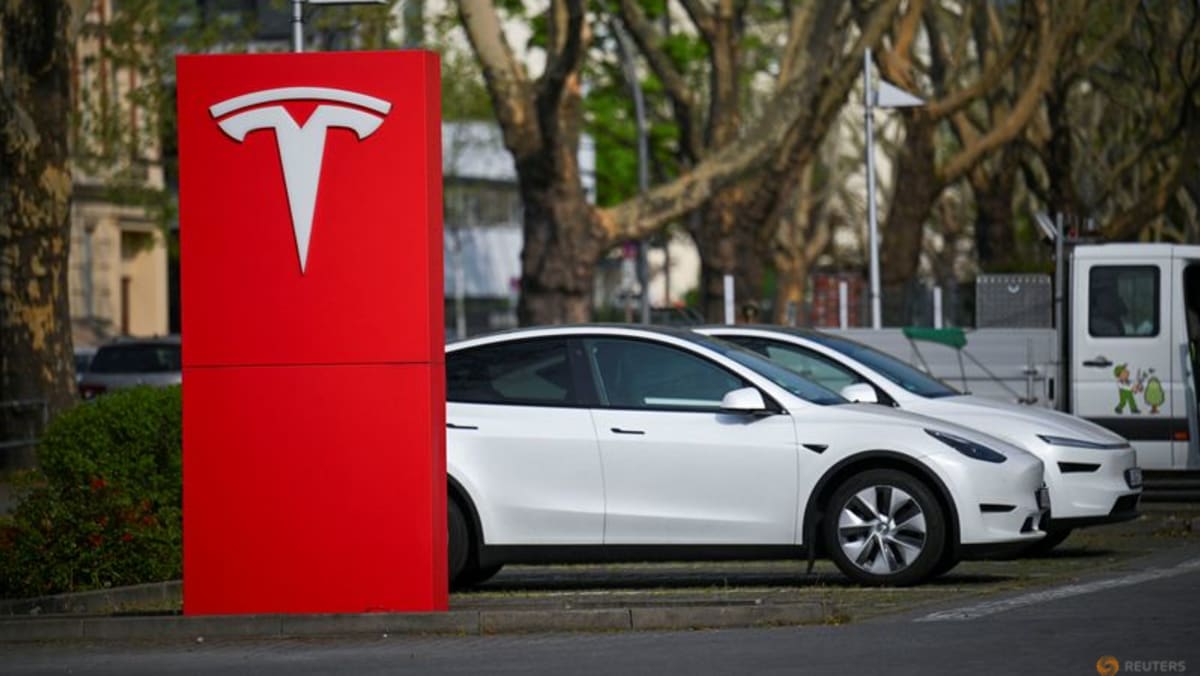Tesla is trying to prevent the city of Austin, Texas, from releasing public records to Reuters involving the EV maker’s planned launch of self-driving robotaxis in the city this month.
The news agency in February requested communications between Tesla and Austin officials over the previous two years. The request followed CEO Elon Musk’s announcement in January that Tesla would launch fare-collecting robotaxis on Austin public streets.
Austin public-information officer Dan Davis told Reuters on April 1 that “third parties” had asked the city to withhold the records to protect their “privacy or property interests.” Austin officials on April 7 requested an opinion on the news agency’s request from the Texas Attorney General’s office, which handles public-records disputes.
On April 16, an attorney for Tesla wrote the AG objecting to the release of “confidential, proprietary, competitively sensitive commercial, and/or trade secret information” contained in emails between Tesla and Austin officials. The Tesla attorney wrote that providing the documents to Reuters would reveal “Tesla’s deployment procedure, process, status and strategy” and “irreparably harm Tesla.”
Tesla and the Texas Attorney General’s office did not respond to Reuters’ requests for comment.
Neal Falgoust, who oversees public records issues for Austin’s Law Department, said the city “takes no position on the confidential nature of the information at issue” but is required to seek the Attorney General’s opinion when “a third-party asserts that their information is proprietary and should not be released.”
Musk has staked Tesla’s future on self-driving vehicles he has promised for a decade but hasn’t delivered, making Austin’s robotaxi launch closely watched as a potential milestone. Some analysts and investors attribute the majority of Tesla’s stock market value to hopes for robotaxis and humanoid robots it has yet to deliver.
Little is known about Tesla’s plans in Austin. The company has said it aims to initially deploy between 10 and 20 driverless robotaxis in restricted geographic areas of Austin, which it has not publicly identified.
In an April 23 response to Tesla’s letter, a Reuters lawyer wrote that Tesla’s intent to deploy the unproven technology on Texas roadways makes its plans “an issue of enormous importance to Texas and the public at large” and underscored the public’s right to know.
Falgoust, the Austin law department official, did not respond to questions about whether the public was entitled to information about Tesla’s driverless technology.
Texas state law requires the Attorney General’s office to decide within 45 business days, which would be next week.
